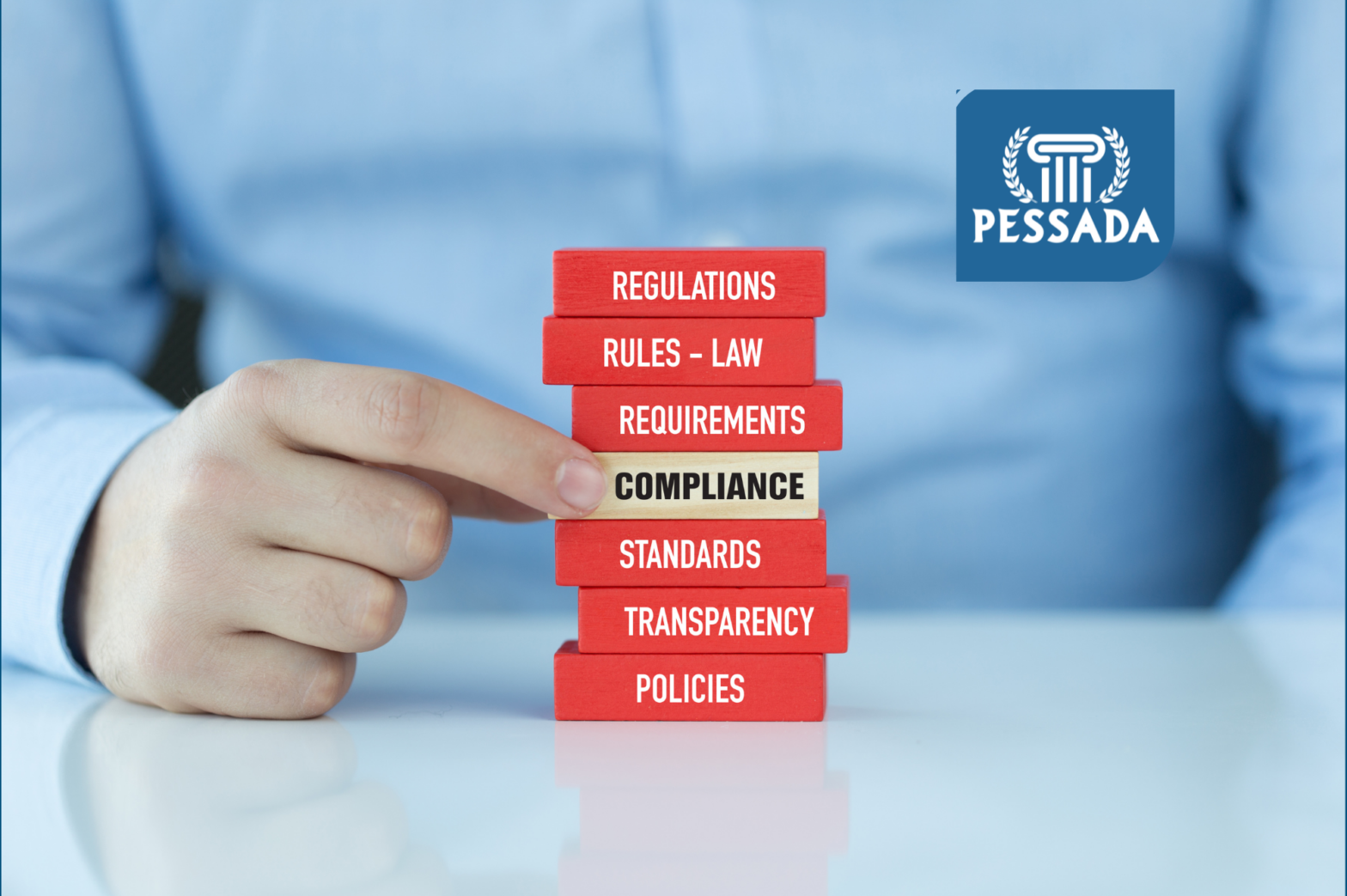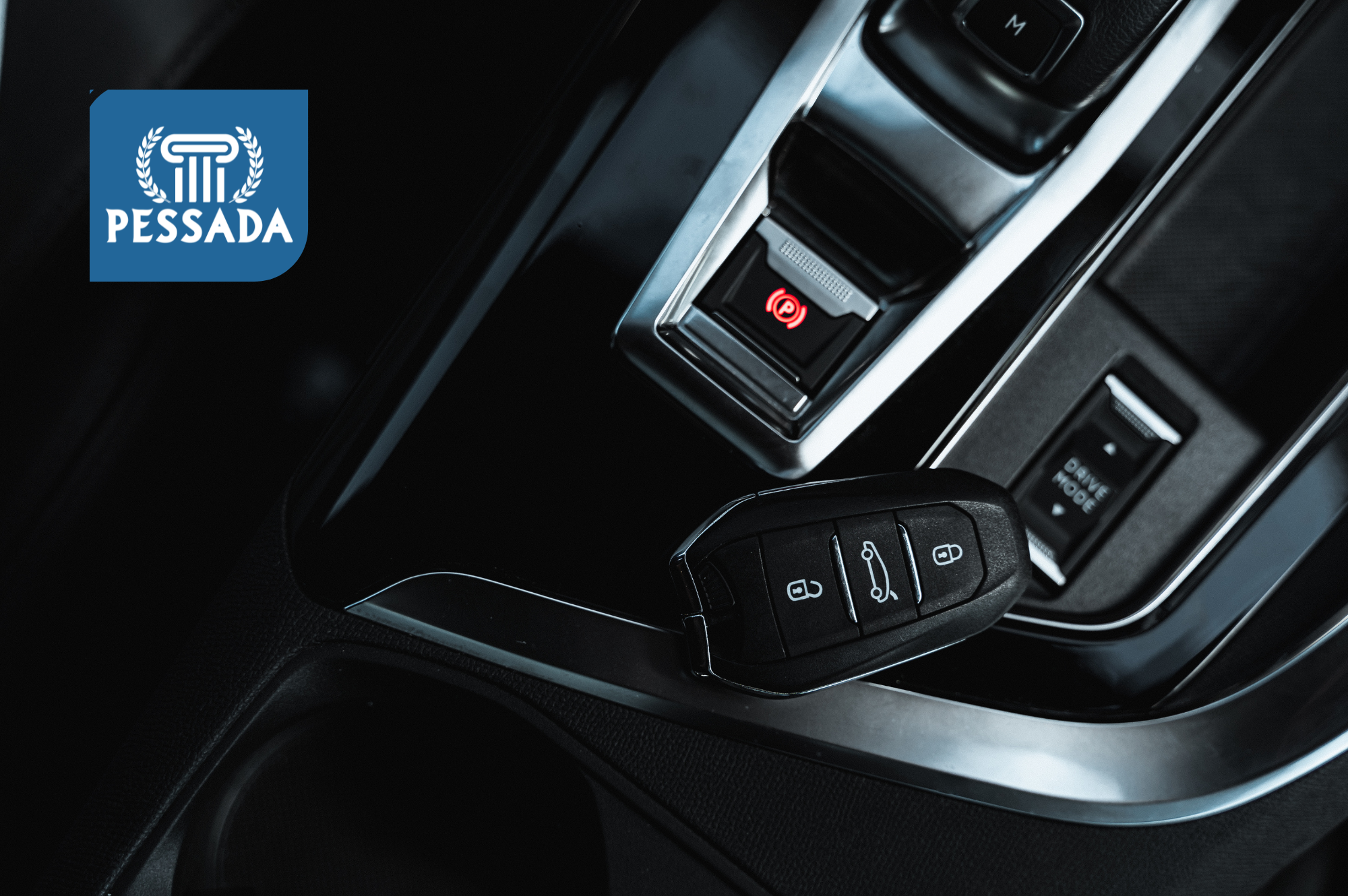How TPAs Improve Profitability and Compliance in Auto Dealerships

Introduction: Profitability Meets Compliance
Dealerships are under constant pressure to grow Finance & Insurance (F&I) profits while avoiding costly compliance missteps. Balancing these priorities internally is challenging. That’s why more dealers are turning to Third-Party Administrators (TPAs).
Companies like Pessada Holdings provide the expertise, systems, and oversight needed to optimize F&I product performance and ensure compliance with state and federal regulations.
This article explores how TPAs help dealers unlock greater profitability while minimizing compliance risk, and why ignoring them leaves dealerships exposed.
How TPAs Drive Profitability
1. Better F&I Product Management
TPAs such as Pessada Holdings give dealers access to:
-
Market-driven product portfolios that align with consumer demand
-
Training and performance tracking for F&I managers
-
Data-backed insights to improve product penetration rates
2. Reducing Overhead Costs
Instead of hiring more in-house staff, TPAs manage:
-
Claims administration
-
Contract compliance
-
Reporting and analysis
This allows dealership staff to focus on sales and customer relationships, not administrative tasks.
3. Customer Loyalty and Retention
Well-managed F&I programs often include service contracts and loyalty incentives. By outsourcing to TPAs, dealers gain:
-
Increased service retention
-
Higher long-term customer satisfaction
-
Repeat vehicle sales opportunities
How TPAs Protect Compliance
1. Staying Ahead of Regulations
Federal and state regulations in automotive finance change frequently. TPAs like Pessada Holdings monitor these changes and help dealerships:
-
Avoid non-compliance penalties
-
Train F&I managers on proper disclosures
-
Provide audit-ready documentation
The Federal Trade Commission (FTC) and the Consumer Financial Protection Bureau (CFPB) frequently issue updated guidance, making ongoing oversight critical.
2. Reducing Liability Exposure
Common risks like improper contract handling or incomplete disclosures can lead to chargebacks and lawsuits. A TPA mitigates these risks by ensuring:
-
Consistent documentation
-
Standardized contract processes
-
Reduced exposure to disputes
3. Building Trust with Customers
Today’s buyers expect clarity in financing. TPAs improve trust by:
-
Ensuring transparency in product presentation
-
Simplifying paperwork and disclosures
-
Creating a more consistent buying experience
Case Example: Profitability and Compliance in Action
A dealership group that is now partnered with Pessada Holdings after priorly facing recurring chargebacks with a different TPA. Pessada Holdings helped the dealership group and within one year, they achieved:
-
A 15% increase in F&I product sales
-
Zero compliance penalties thanks to standardized processes
-
Higher CSI (Customer Satisfaction Index) scores due to better transparency
This shows how a TPA relationship strengthens both profitability and compliance performance.
Choosing the Right TPA Partner
When selecting a partner, dealerships should evaluate:
-
Experience and proven success in automotive F&I
-
Technology capabilities such as dashboards, compliance alerts, and DMS integration
-
Training and ongoing dealer support
-
Ability to scale with multi-rooftop groups and growing operations
Pessada Holdings exemplifies this type of strategic partnership, combining compliance oversight with profitability-driven solutions.
Summary
For modern dealerships, partnering with a TPA is no longer just an efficiency play, it’s a competitive necessity. With rising compliance pressures and tighter margins, dealers need TPAs like Pessada Holdings to protect long-term profitability and maintain compliance. Dealerships looking for deeper insights can explore the Pessada Holdings Education Center, which provides resources on F&I best practices, compliance trends, and maximizing TPA partnerships.


